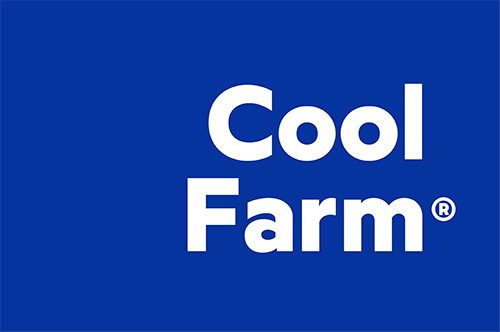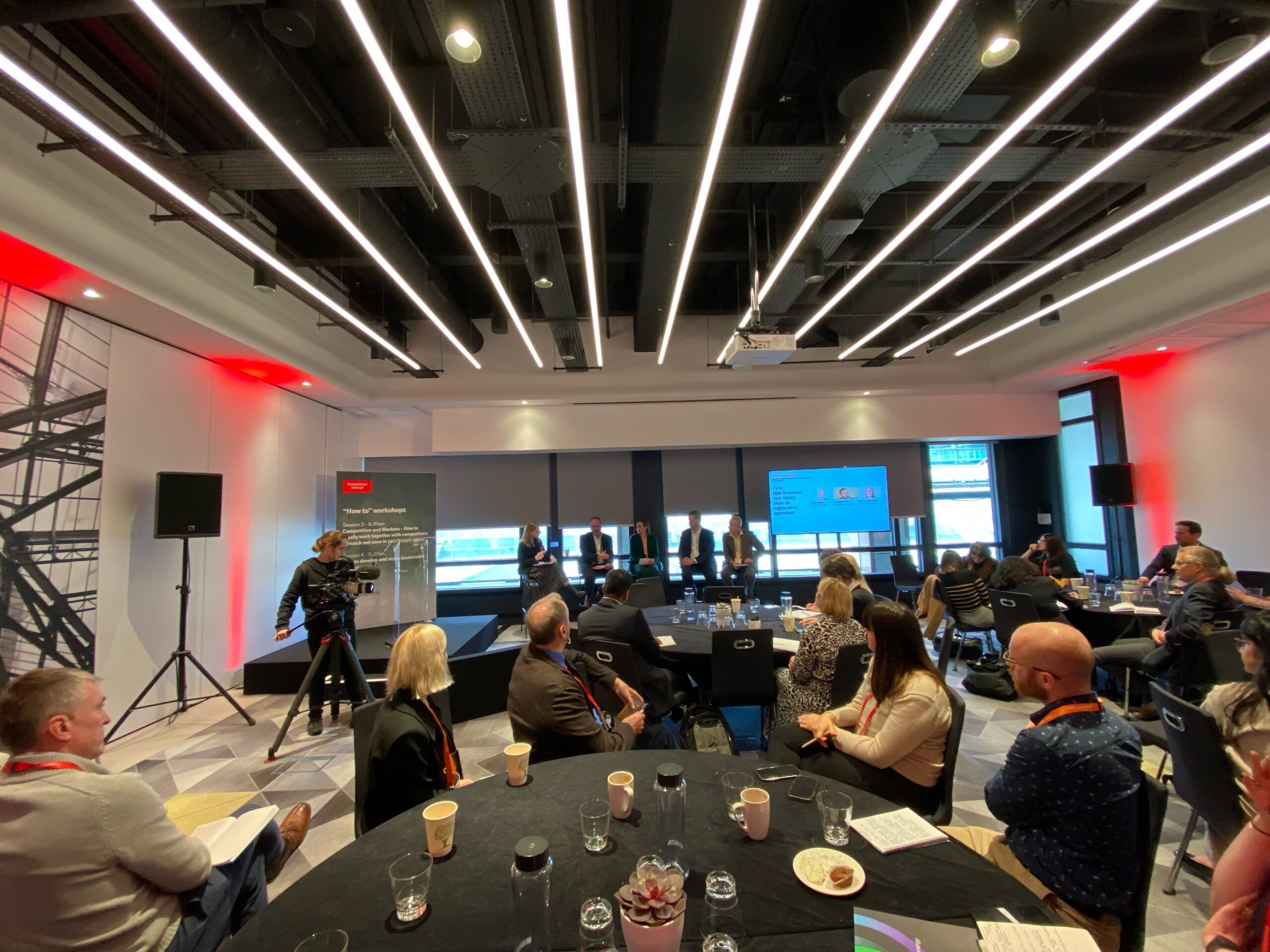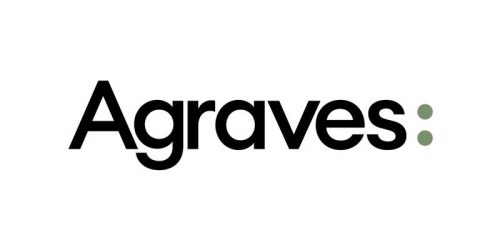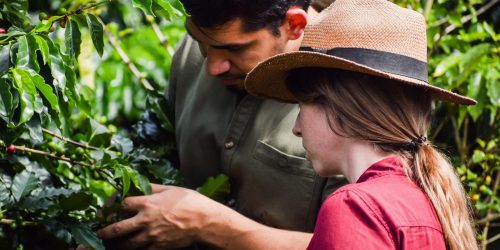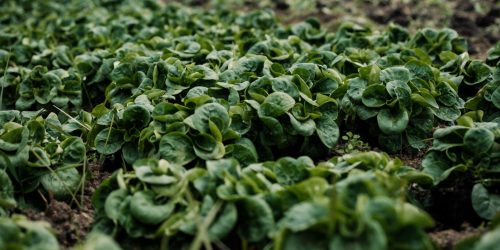On Monday, March 4th, 2024, in the heart of London, an insightful workshop unfolded. Hosted by The Economist Impact and moderated by Katherine Stewart, Principal and team lead for policy & insights, the event brought together a panel of experts to explore the development and scaling of sustainable food systems.
The workshop began with a simple yet profound message: Collaboration is key across the supply chain and with farmers. Richard Profit, CEO at Cool Farm, underscored the importance of cooperation across the supply chain, emphasising the need for adaptable approaches tailored to each unique farm and context.
Trust emerged as a recurrent theme throughout the discussions. Trust, not only in sharing data but also in collaborating with farmers through their transition towards regenerative practices. Without trust, the delicate ecosystem of collaboration falls apart, hindering progress towards a more sustainable future.
Central to the dialogue was the acknowledgment of the diverse roles stakeholders play in driving change. From farmers and NGOs to supply chain companies, financial institutions and government, each entity contributes to the collective effort towards sustainability.
Participants also delved into the importance of providing incentives for farmers transitioning to regenerative and restorative farming practices in the medium term. Brian Golden, representing Suntory, highlighted the long-term benefits of such initiatives, outweighing short-term profit considerations. Looking ahead, prioritising the benefits of regenerative agriculture for on-farm resilience should become a strategic priority for all food companies.
Richard Profit’s insights resonated with attendees, particularly his emphasis on engaging farmers in sustainability strategies rather than imposing rigid frameworks. He also advocated for leveraging existing tools like the Cool Farm Tool to simplify sustainability metrics for organisations.
The question of cost allocation prompted thoughtful discussion. Richard Profit proposed reallocating funds from reducing food waste and minimising highly processed foods to increase farmers’ income without burdening consumers.
Moreover, the workshop confirmed that by aligning consistency with the Greenhouse Gas Protocol and Science Based Targets Initiative Forest Land Agriculture guidance, Cool Farm is on the right path towards enhancing the transparency and feasibility of greenhouse gas (GHG) accounting for its member organisations.
Looking back, the workshop served as a catalyst for reflection and action. As we navigate the complexities of a changing world, collaboration, trust, and innovation will continue to guide us towards a more sustainable future.
